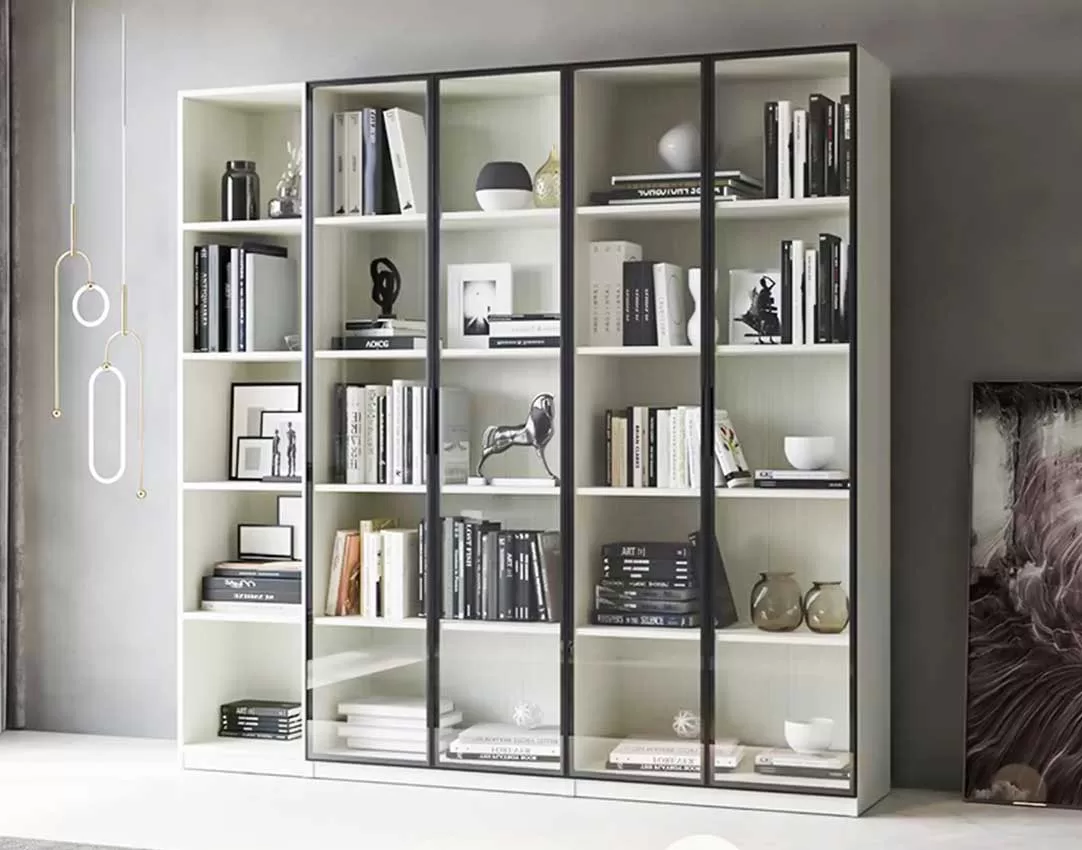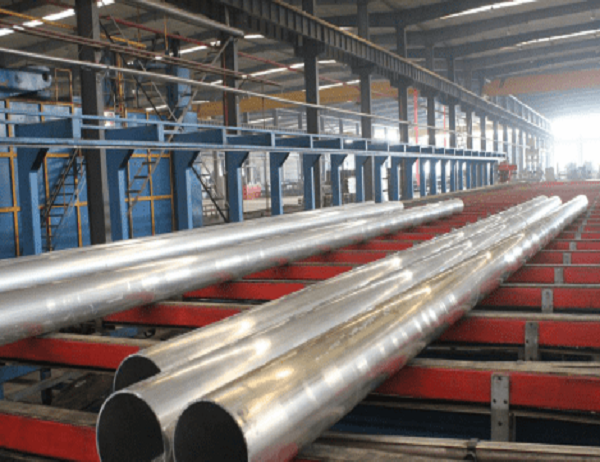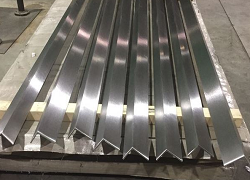Aluminum formwork systems are a crucial component of modern construction projects, providing a safe, efficient, and cost-effective way to shape concrete structures. Selecting the right aluminum formwork system for your specific project requires careful consideration of several key factors. This article will provide comprehensive tips to guide you through the selection process, ensuring you make an informed decision for optimal project outcomes.
System Capacity and Requirements
The first step is to determine the load-bearing capacity and application requirements of your project. Consider the weight of the concrete, any additional loads during construction (e.g., reinforcement, equipment), and the desired concrete finish. Based on these factors, select a system with adequate strength and load tolerance.
Panel Design and Flexibility
The panel design plays a significant role in the efficiency and ease of installation. Look for panels with lightweight yet robust construction, allowing for quick and simple assembly and disassembly. Choose panels with modular dimensions that offer flexibility in creating different configurations, accommodating curved or irregular shapes as needed.
Material Quality and Durability
The quality of the aluminum material used in the formwork system is paramount to ensure long-term performance. Opt for high-grade aluminum alloys that provide superior strength, corrosion resistance, and resistance to wear and tear. This will extend the system’s lifespan and reduce maintenance costs over time.
Handling and Safety Features
The handling and safety aspects of the formwork system are essential. Look for systems with ergonomic handles and safety features that minimize the risk of injuries during installation and removal. Anti-slip surfaces and stable platforms ensure a safe working environment for crews.
Assembly and Disassembly Efficiency
The efficiency of assembly and disassembly can significantly impact project timelines and labor costs. Choose systems with interlocking mechanisms and quick-release connections that minimize setup and dismantling time. Modular designs allow for easy transportation and storage, reducing downtime between projects.
Compatibility and Standardization
Consider the compatibility of the aluminum formwork system with other components used in your project, such as concrete pumps, lifting equipment, and accessories. Standard parts and interchangeable components enable seamless integration and reduce the need for custom modifications or adaptations.
Sustainability and Environmental Impact
Sustainability considerations are becoming increasingly important in construction. Choose aluminum formwork systems that prioritize environmental protection. Look for systems with recyclable materials, low-energy manufacturing processes, and minimal waste during installation and removal.
Cost Considerations and Return on Investment
While cost is an important factor, it should not be the sole criterion for selection. Consider the system’s durability, efficiency, and safety features, as well as its potential impact on project timelines and labor costs. A higher-quality system may result in a lower total cost of ownership and a higher return on investment in the long run.
Selecting the perfect aluminum formwork system for your project requires a comprehensive evaluation of various factors. By considering the system capacity, panel design, material quality, handling features, efficiency, compatibility, sustainability, and cost implications, you can make an informed decision that aligns with your project requirements and goals. Remember, the right formwork system will not only improve safety and efficiency but also contribute to the overall success and quality of your construction project.



